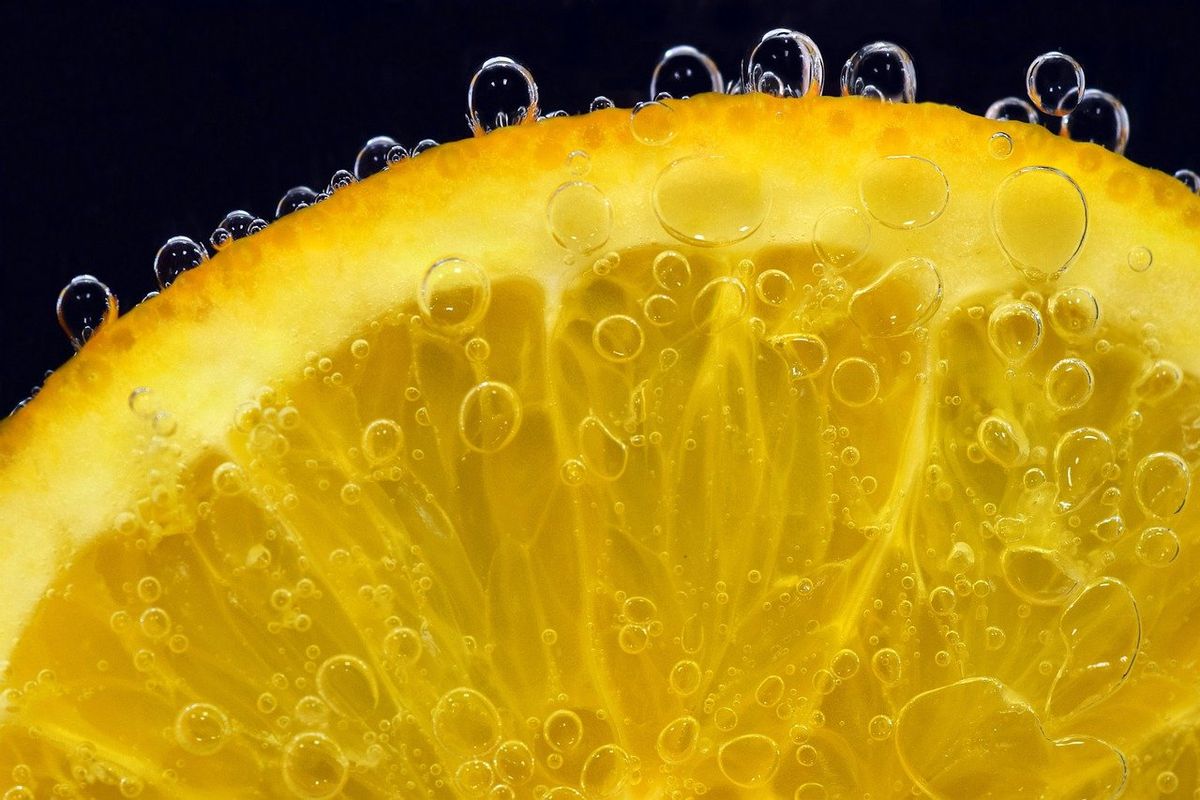The "orange juice man" was one of the most ubiquitous pieces of LSD scarelore in the 1960s. As improbable and wacky as it may seem today, this tale was taken quite seriously by the anti-drug forces in the mid-1960s, when the long-term effects of LSD use were unknown. As Jay Stevens wrote a couple of decades later:
Halting the spread of LSD had become part of the national agenda; thus it was necessary for the press to sensationalize the subject ... the LSD psychotic ... seized the public imagination and didn't let go for the rest of the decade. Scarcely a week went by that this curious creature wasn't in the news columns, either raping or murdering or committing suicide in stories that were usually anonymous, uncheckable, and bizarre.
The orange juice shocker was apparently well-known enough by 1966 to have achieved anecdotal status, as seen in this newspaper excerpt:
There are also gnawing fears in the scientific community that repeated use of LSD could permanently damage the brain. But they have no firm evidence yet.
Early versions of this legend attributed the patient's bizarre behavior to the damage caused by repeated LSD use, but later versions described the cause as a single accidental, massive dose of acid. In some versions, the victim believes himself to be an orange (rather than a glass of orange juice), although he may also harbor fears that he will turn into orange juice if anyone touches him. The patient is sometimes said to be afraid to lie down (lest he spill) go to sleep (because someone might drink him), or allow anyone to approach him (for fear he might be peeled).
"There's no scientific evidence," [Timothy] Leary says. "I would be more concerned than anybody. I've taken LSD 311 times."
Some, who consider Leary's remarks a shaky testimonial, point to specific examples of what could be the result of brain damage. One involves a heavy user who is convinced he is an orange. He won't allow anyone to touch him for fear he will turn into orange juice.
The story was soon being repeatedly proffered as if it were a case study (minus any corroborative details, of course) by health care professionals. Consider this excerpt from a 1968 book about drug abuse, taken from a chapter about LSD written by one Duke D. Fisher, M.D., a neuropsychiatrist who is described as having "had extensive experience with LSD users":
Some people would take LSD and and their trip would continue beyond the usual twelve to eighteen hours for LSD effects. Many individuals continued to hallucinate, continued to be paranoid — extremely suspicious with delusions of being watched, criticized, or persecuted. They were convinced that people were going to hurt them or that animals were chasing them, or they continued to be out of contact with reality. An example of this kind of reaction was a teenage boy who locked himself in his room because he thought he was an orange and that if someone touched him, he would turn into orange juice. He was able to live because his friends would bring in food for him; however, he remained locked in his room for several months.
Even more so than the usual horror tales of physical mutilation and death (e.g., drug users gouging out their eyes, staring at the sun until blind, stuffing babies in ovens, or jumping out windows thinking that they could fly), this legend served a chilling (albeit apocryphal) account of the damage LSD could wreak on a human being. Physical trauma may be terrible, but at least it's comprehensible. A bizarre and permanent insanity, however, is one of the most horrible fates we can contemplate.
Other examples of this claim included the following:
This guy goes down to the States from Canada. He comes across this amazing deal on acid, so he buys a hundred lot. He figures that it's not likely they'll strip search him, so he tapes the whole sheet to his stomach when he goes back. At the border he's ordered to get out of his car and wait in a room while they search the car. He gets so freaked out, thinking that they're going to strip search him after all, that he starts sweating. The sweat soaks the sheet taped to his body and he absorbs a hundred hits of acid through his skin. Pretty soon he thinks he's an orange and decides he'll have to peel himself, so he starts peeling off his clothes. To this day he's confined to a psychiatric ward, still convinced that he's an orange.
The story I heard is that a guy was running from the cops and had a sheet [of LSD] in his pocket. He knew he was gonna get busted and didn't know what to do with the stuff, so he did the whole sheet. Now he thinks he's a glass of orange juice and his biggest fear is that someone will drink him.

